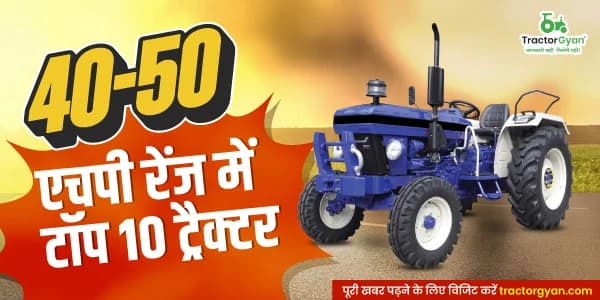How Tractor Engines Work: Types, Uses, and Differences
Table of Content
The engine is the heart of a tractor. All the agricultural activities, from ploughing fields to adding implements, depend on the efficiency, capacity, and longevity of the tractor engine.
Unlike car engines developed largely for speed and comfort, tractor engines are built for power, endurance, and performance under heavy loads. Whether your needs are those of a buyer looking for value, a mechanic diagnosing issues, or a farmer choosing the right machine, knowledge of tractor engine operation can benefit you.
How Do Tractor Engines Work?
A tractor engine works to convert fuel into mechanical energy. Here is a synopsis:
Combustion Process:
The engine mixes air with fuel—diesel, petrol, or CNG. Compressed and ignited, this combination produces a little explosion. The force that generates moves pistons, which spin a crankshaft to generate running rotational power, operating the tractor.
Key Components:
- Fuel Injectors: High-accuracy spray fuels into the combustion chamber.
- Cylinders and Pistons: Where force is created and combustion takes place.
- Crankshaft: Converts linear piston movement into a revolving motion in a crankshaft.
- Valves and Camshaft: Control the fuel or air intake as well as the exhaust gas discharge.
Cooling and Lubrication:
Tractor engines routinely operate for long hours under extreme conditions. To avoid overheating, a cooling system—usually based on water or oil—is vital. Also, the lubrication system guarantees that friction-related wear on moving components does not cause damage.
Quick Links
Types of Tractor Engines Explained
Tractor engines come in different types, mainly depending on the fuel type and stroke cycle.
Based on Fuel
- Diesel tractor engines: Diesel tractor engines are mainly used in tractors. They are well-known for their higher torque, fuel efficiency, and durability. They are perfect for tough work and long-term use. Example: Swaraj 744 FE
- Petrol tractor engines: Petrol engines are used in small or older tractors. They are quieter than diesel engines.
- CNG tractor engines: Emerging choices aiming at lowering emissions are CNG and electric engines. In places with gas supplies, CNG engines are more economical and cleaner. Example: Eicher Prima 551 D CNG
- Electric tractor engines: Though they are environmentally harmless, electric tractors are restricted by power output and battery life. Example: Sonalika Tiger Electric
Based on Stroke
- 2-stroke engine: Runs two piston strokes, completing a power cycle. Although they are lighter and simpler, often these are less efficient and more polluting.
- 4-stroke engine: Usually, the latest tractors run 4-stroke engines. They emit less noise and pollution, are more dependable, and run on less fuel.
Diesel vs. Petrol Tractor Engines: Key Differences
| Feature | Diesel Engine | Petrol Engine |
| Power & Torque | Higher torque, better for loads | Lower torque, better for light tasks |
| Fuel Efficiency | More efficient, longer range | Less efficient |
| Maintenance | Needs regular servicing | Simpler to maintain |
| Cost | Higher upfront cost | Lower initial price |
| Best For | Large farms, heavy implements | Small farms, basic operations |
Conclusion: Powering Productivity with the Right Tractor Engine
A tractor engine is the power source pushing agricultural development, not only a mechanical component. Knowing engine types, how they work, and what to look for will help you choose one for your budget, land, and workload. Whether your choice is an electric or diesel engine, the right engine will keep your farm running smoothly and profitably for years.
Choosing the Right Tractor Engine with Tractor Gyan
With all the technical stuff and models out there, picking the right tractor engine can feel confusing. Tractor Gyan is your go-to expert. Tractor Gyan gives farmers and mechanics a lot of information. You will get:
- Evaluation of tractors and engines.
- Easy guides to help simplify technical jargon.
- Expert reviews help one decide on tractor pricing, performance, and efficiency.
- Researching the most recent environmentally friendly technologies and engines.
Starting with Tractor Gyan, learning the tractor engine capacity, torque, and operating conditions guarantees the best choice.
Category
Read More Blogs
Modern farming depends on power tillers, particularly for small and medium-sized producers. They help with soil preparation, weeding, and land levelling, reducing work and time. The top 10 power tiller brands in India are listed below with their best-performing models.
Best 10...
April 16, 2025, marked the official start of Mr. Gaurav Gupta's tenure as the Chief Product & Technology Officer at Moonrider.ai. Having him on board marks a new start for the company. As he strives to revolutionise smart mobility, Mr. Gaurav will...
क्या हो जब एक शक्तिशाली पावरहाउस मशीन करेगी आपके खेती का काम आसान? चलिए जानते हैं!
खेती को आसान, किफायती और ज्यादा उत्पादक बनाने के लिए एक अच्छा ट्रैक्टर बेहद जरूरी होता है। अगर आप भी ऐसा ट्रैक्टर ढूंढ रहे हैं जो दमदार...
Write Your Comment About How Tractor Engines Work: Types, Uses, and Differences
.webp&w=1920&q=75)
Top searching blogs about Tractors and Agriculture
07 Jan 2026
18 Dec 2025
29 Jul 2025
08 Sep 2025
03 Jul 2025
30 Jul 2025
30 Jul 2025
30 Jul 2025
29 Jul 2025
30 Jul 2025
09 Feb 2026
31 Jul 2025
18 Dec 2025
26 Dec 2025















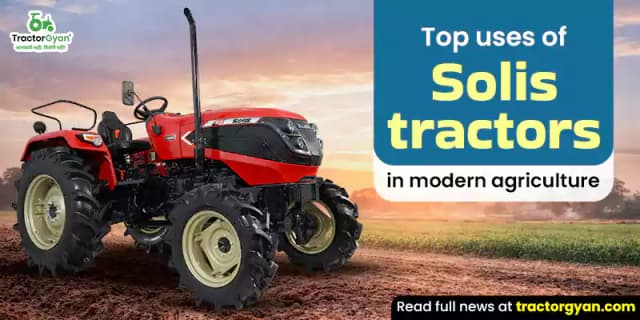


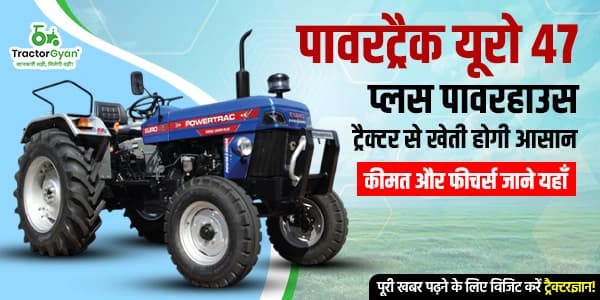
.webp&w=2048&q=75)

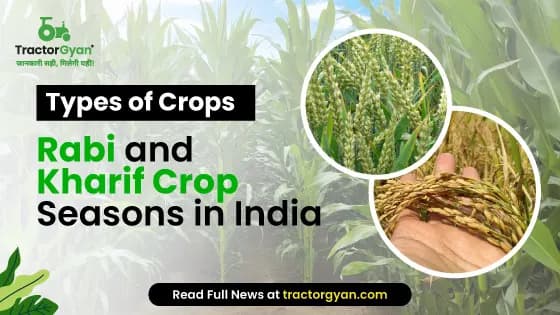


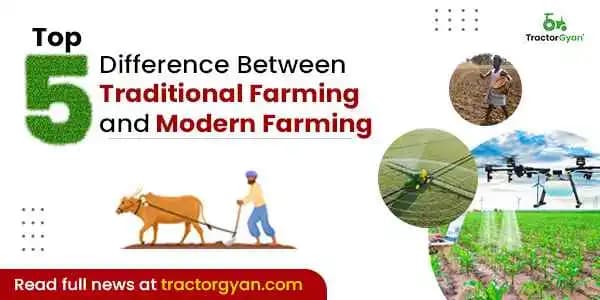
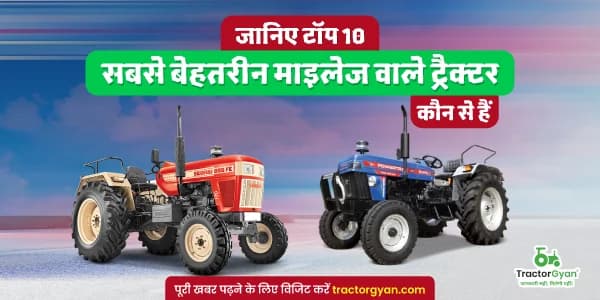



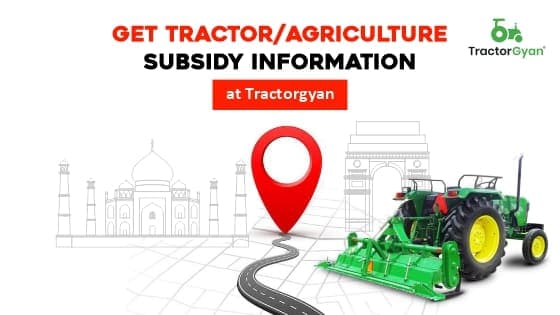
.webp&w=2048&q=75)
.webp&w=2048&q=75)
